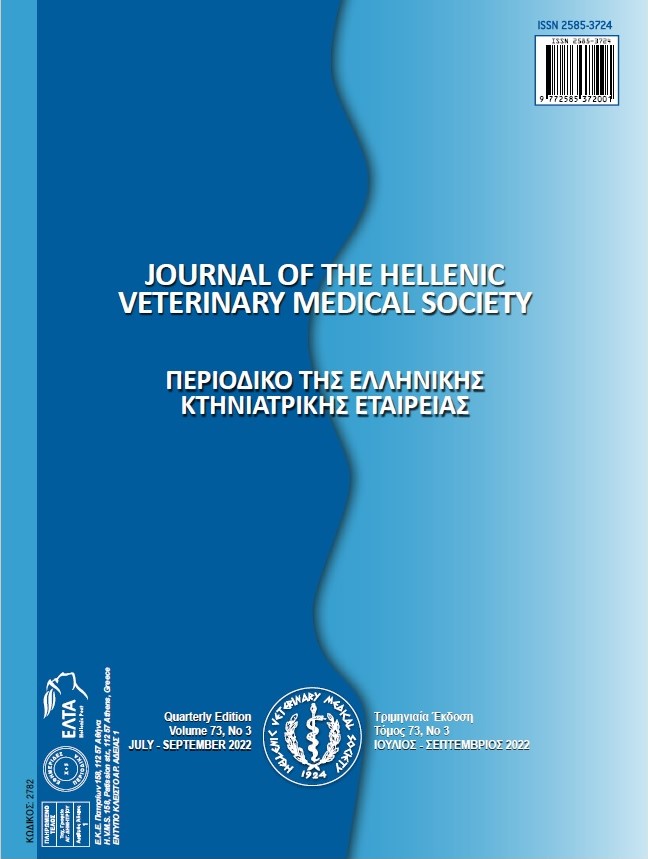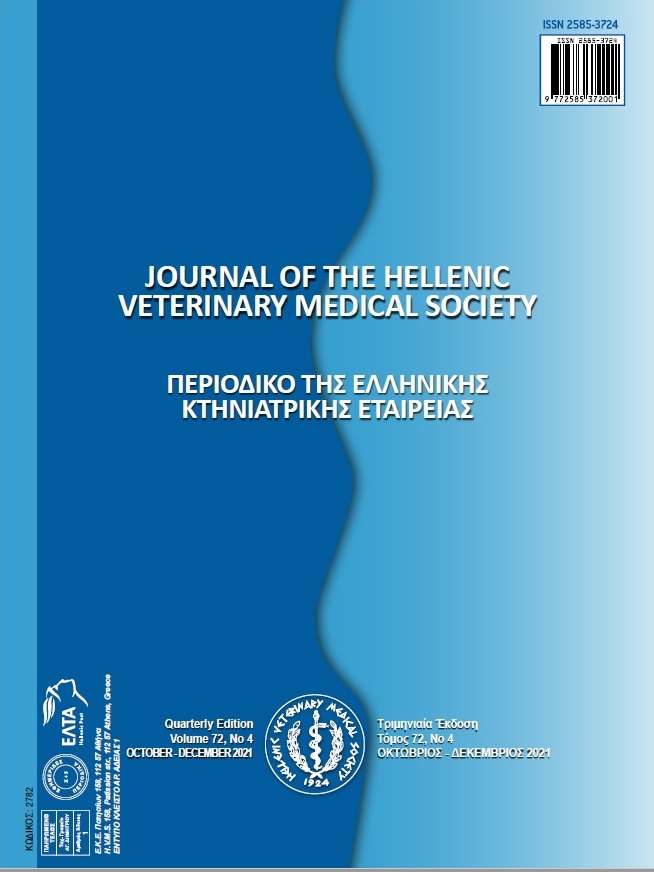Use of Spirulina Platensis in Japanese quail diets in fattening period and responses of performance, meat quality and immunity

Аннотация
This study was carried out to determine the effects of different levels of Spirulina Platensis(SP)in Japanese quails (Coturnix coturnix japonica) diet on performance, meat color, meat quality, and immune response. A total of 250 1-d old Japanese quails were randomly distributed to five dietary groups with five replicates.. The powder form of SP was used and experimental diets formulated according to inclusion levels as; The negative control group (NC)(Basal diet- 0% SP-no vaccine)),the control group (C) (Basal diet, 0%SP -vaccinated) the SP1 group (basal diet-2.5%SP,vaccinated), the SP2 group (basal diet- 5% SP, vaccinated) and the SP3 group (basal diet- 7.5% SP, vaccinated). During five weeks experiment, growth performance parameters were determined and at the end of the trial a total of 75 quails (15 quails from each group) were slaughtered and antibody titers (ABT) against the Newcastle (ND) vaccine, meat color values, meat quality parameters were detected and some visceral organs were weighted. Results showed that the inclusion of SP to quail diets at the level of 2.5% increased the final live weight (FLW) and total body weight gain (TBWG) significantly (P<0.05) compared the other groups. The highest feed consumption (FC) was detected in the control group and the best feed conversion ratio was found in SP1 group (P<0.05). Dietary SP did not affect carcass yield, liver, and bursa weights (P>0.05), however, the carcass weight was affected by SP in the diet and the highest value found in the SP1 group (P<0.05). Color values of breast meat changed as depend on level of the dietary SP and a* and b* values increased by the addition of 2.5%, SP to diet. Breast meat pH value, cook loss (CL), and water holding capacity (WHC) affected by the SP supplementation and the highest values were determined in the control group (P<0.05). ABT reading against the ND vaccine was similar between all vaccinated groups independently from the level of dietary SP but significantly low in the NC group (P<0.05). In a conclusion, the use of SP in quail diets at the level of 2.5 % may positively influence performance, carcass weight breast meat quality parameters, color values.
Article Details
- Как цитировать
-
Göçmen, R. (2022). Use of Spirulina Platensis in Japanese quail diets in fattening period and responses of performance, meat quality and immunity. Journal of the Hellenic Veterinary Medical Society, 73(3), 4511–4516. https://doi.org/10.12681/jhvms.27636
- Выпуск
- Том 73 № 3 (2022)
- Раздел
- Research Articles

Это произведение доступно по лицензии Creative Commons «Attribution-NonCommercial» («Атрибуция — Некоммерческое использование») 4.0 Всемирная.
Authors who publish with this journal agree to the following terms:
· Authors retain copyright and grant the journal right of first publication with the work simultaneously licensed under a Creative Commons Attribution Non-Commercial License that allows others to share the work with an acknowledgement of the work's authorship and initial publication in this journal.
· Authors are able to enter into separate, additional contractual arrangements for the non-exclusive distribution of the journal's published version of the work (e.g. post it to an institutional repository or publish it in a book), with an acknowledgement of its initial publication in this journal.
· Authors are permitted and encouraged to post their work online (preferably in institutional repositories or on their website) prior to and during the submission process, as it can lead to productive exchanges, as well as earlier and greater citation of published work.



